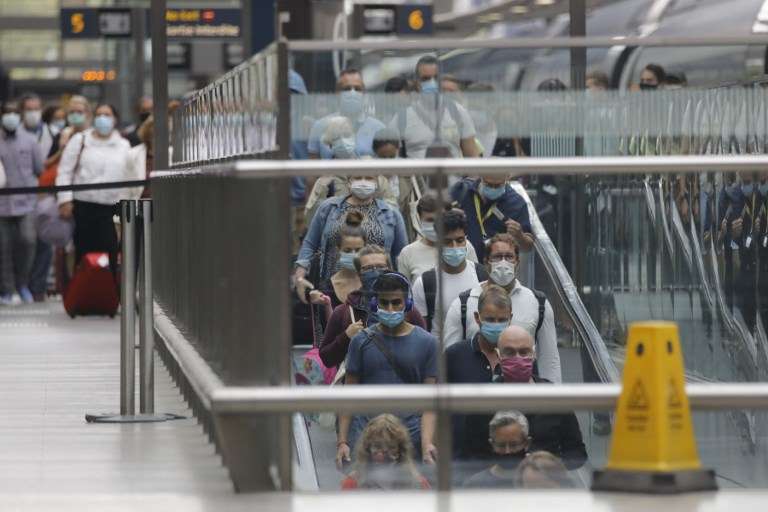People who are still planning on travelling abroad this summer should realise that, in the current circumstances, they are always taking a risk, the National Crisis Centre stressed during a press conference on Monday.
The authorities are calling on all travellers returning to Belgium now that the summer holidays are coming to an end to assume their responsibilities in the interests of public health.
"The number of coronavirus cases across Europe is still increasing, and there is a real chance that the colour code of your holiday destination will change during your stay," spokesperson Yves Stevens said. "Realise that, in the current circumstances, you are always taking a risk."
"We ask everyone to rigorously comply with the measures in place, and to prevent the further spread of the virus," Stevens said.
The colour codes of certain regions can change depending on the evolution of the pandemic. "This can happen very quickly, like it did last week for certain regions in Spain and Romania," he said.
Related News
- Belgium further restricts travel to several EU regions
- Coronavirus tests will be possible at Brussels Airport from September
- Quarantine or isolation: what is the difference?
A formal travel ban is still in place for all tourist and non-essential journeys to red zones. "For the sake of clarity, all countries outside the EU, the Schengen area and the UK are considered to be red zones, as well as a number of zones in Europe."
Travellers who nevertheless return from such a red zone will be treated as high-risk contacts, and are obliged to follow the guidelines. "First, respect the quarantine requirement as soon as you get back. And second, contact your GP and mention your travel history for a test," Stevens said.
People coming to Belgium from any zone, no matter the colour, need to fill out the Passenger Locator Form within 48 hours before arrival, for possible contact tracing.
"Additionally, check the colour code of the zone you are going to before you leave again. Once again: going to a red zone is not allowed," Stevens said.
For orange zones, increased vigilance is necessary. "And some countries require extra measures, such as being able to show a negative test."
"Abroad, as in Belgium, the six golden rules need to be respected as well," Stevens added.
Maïthé Chini
The Brussels Times

